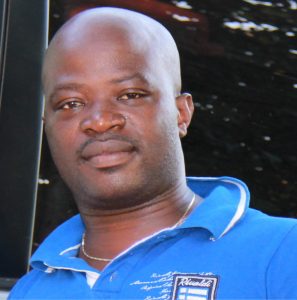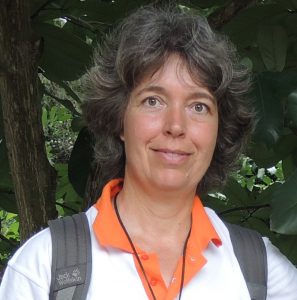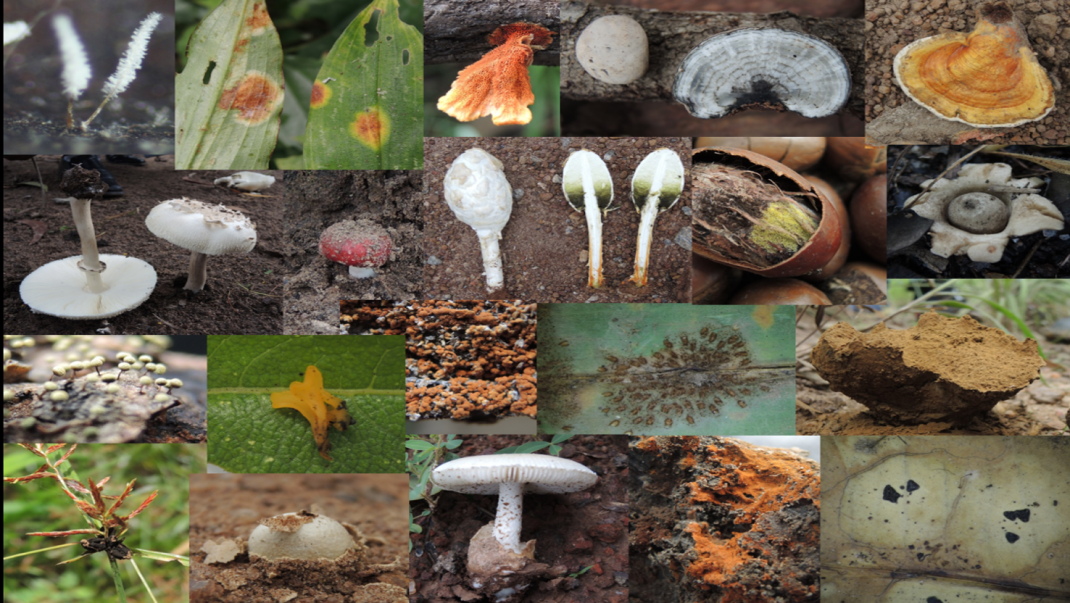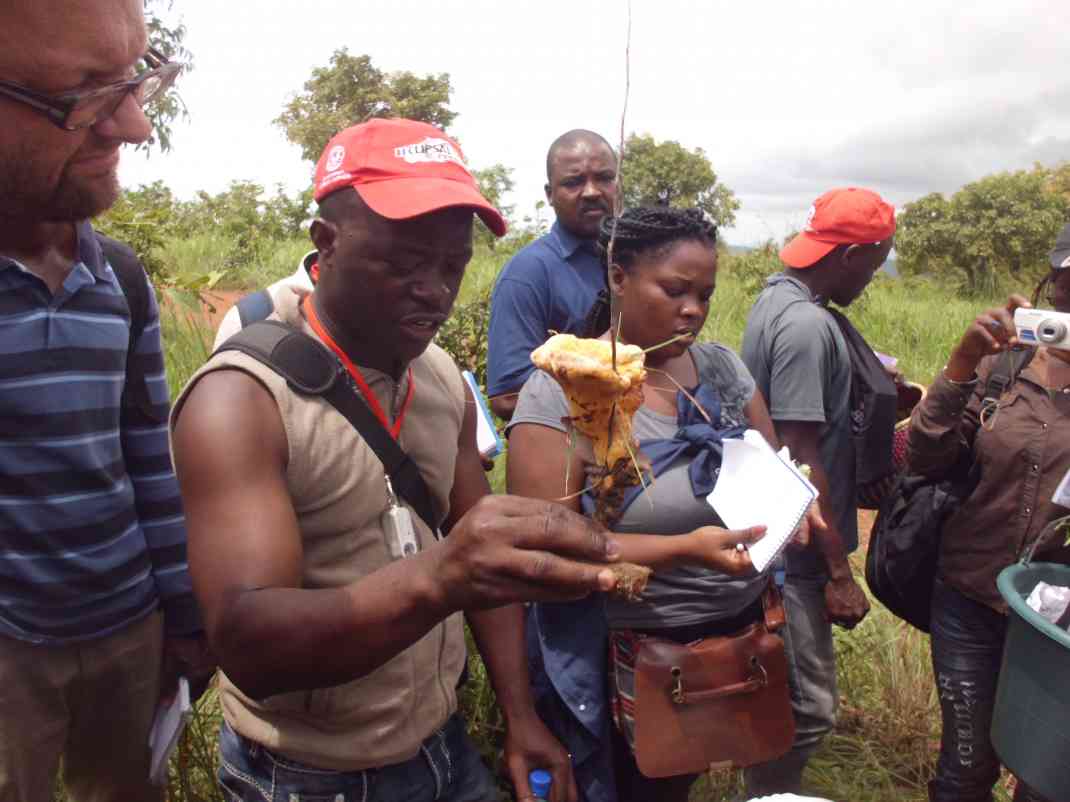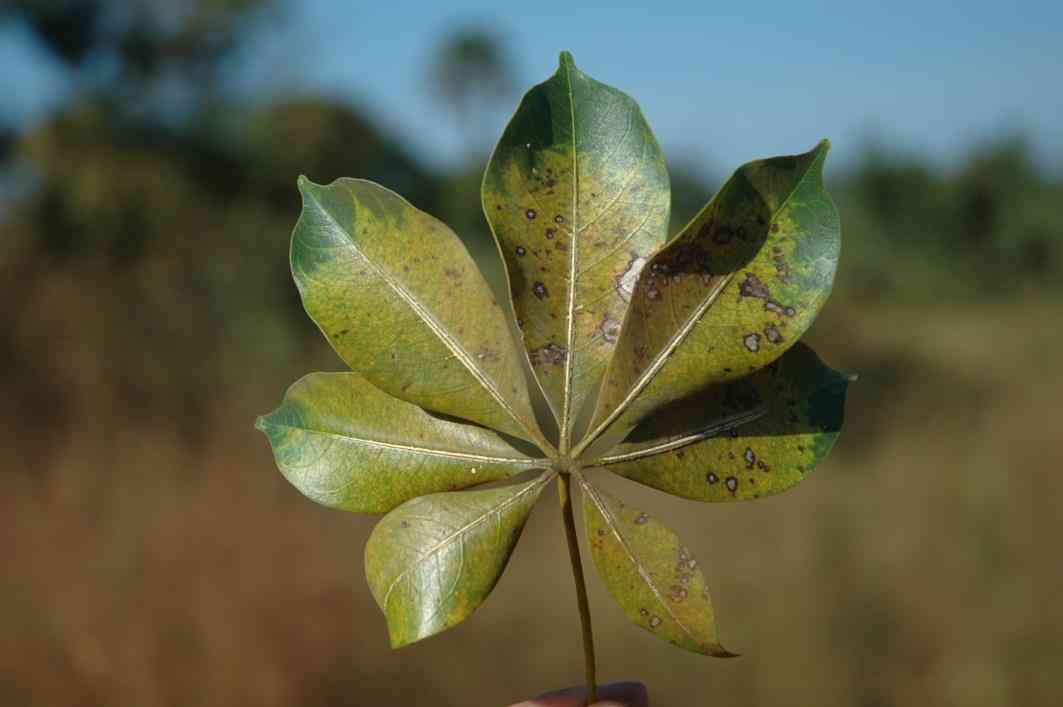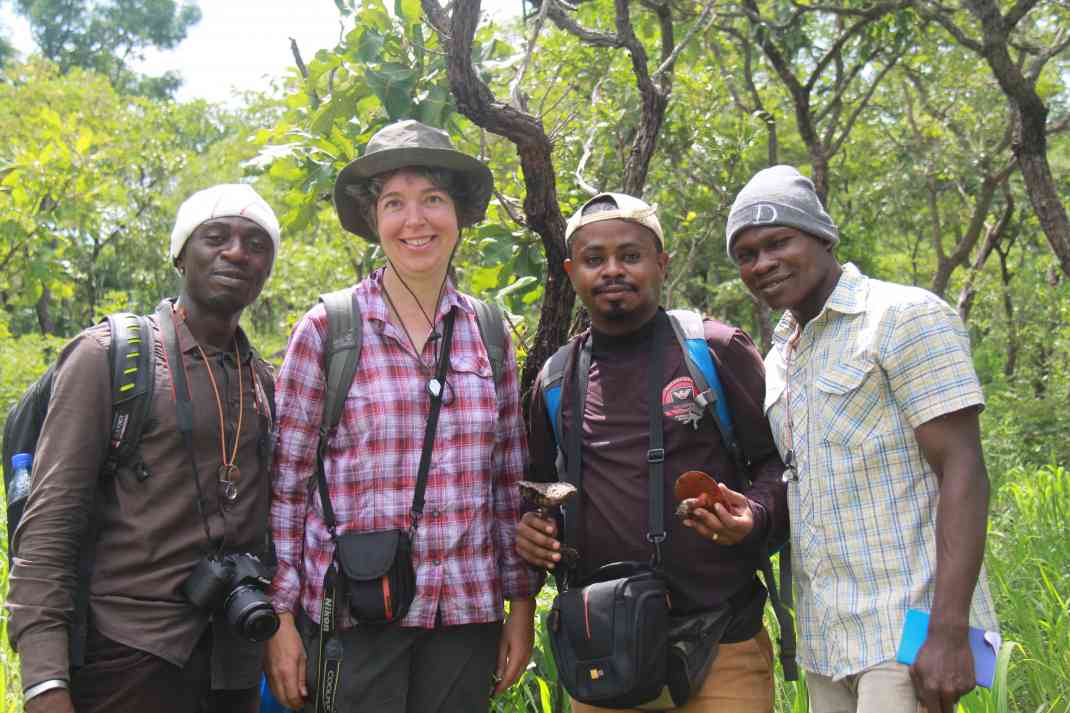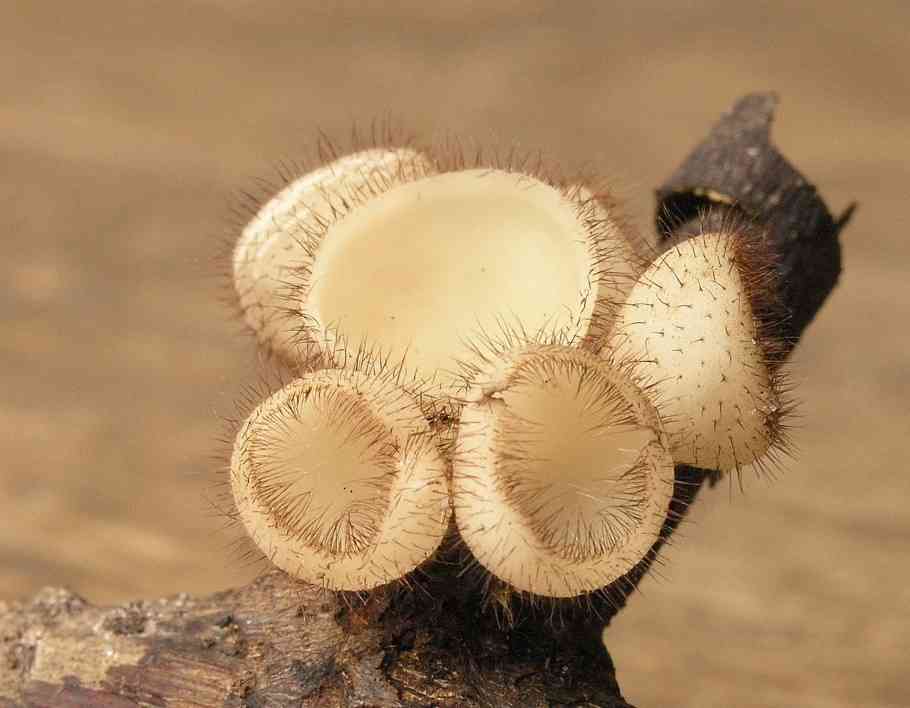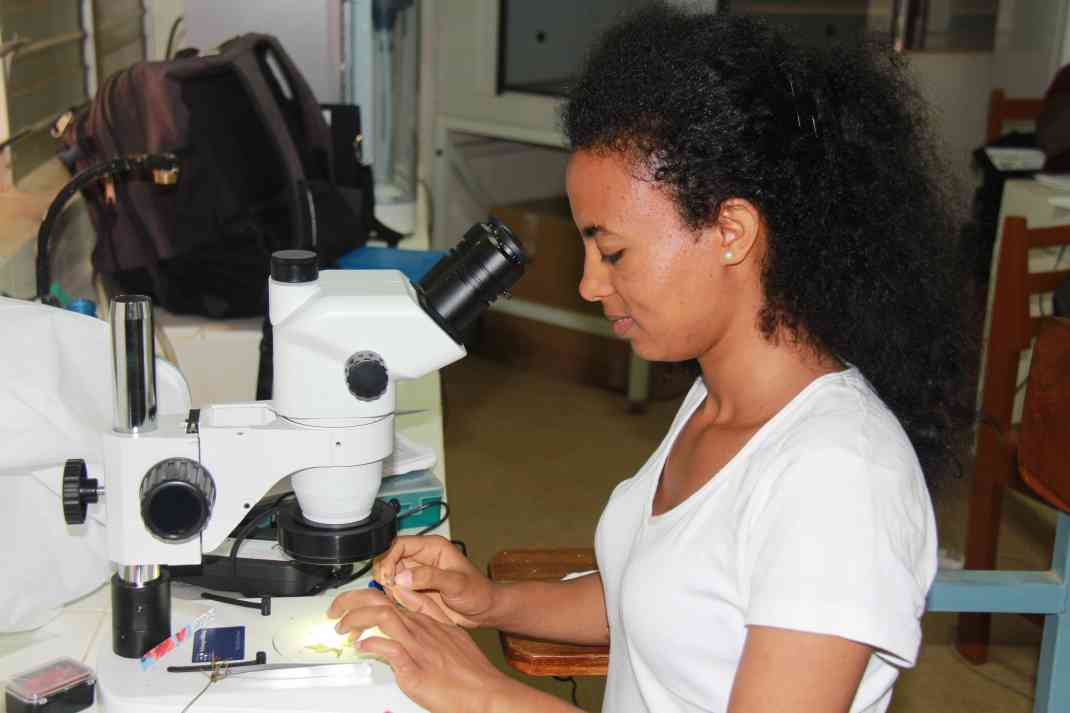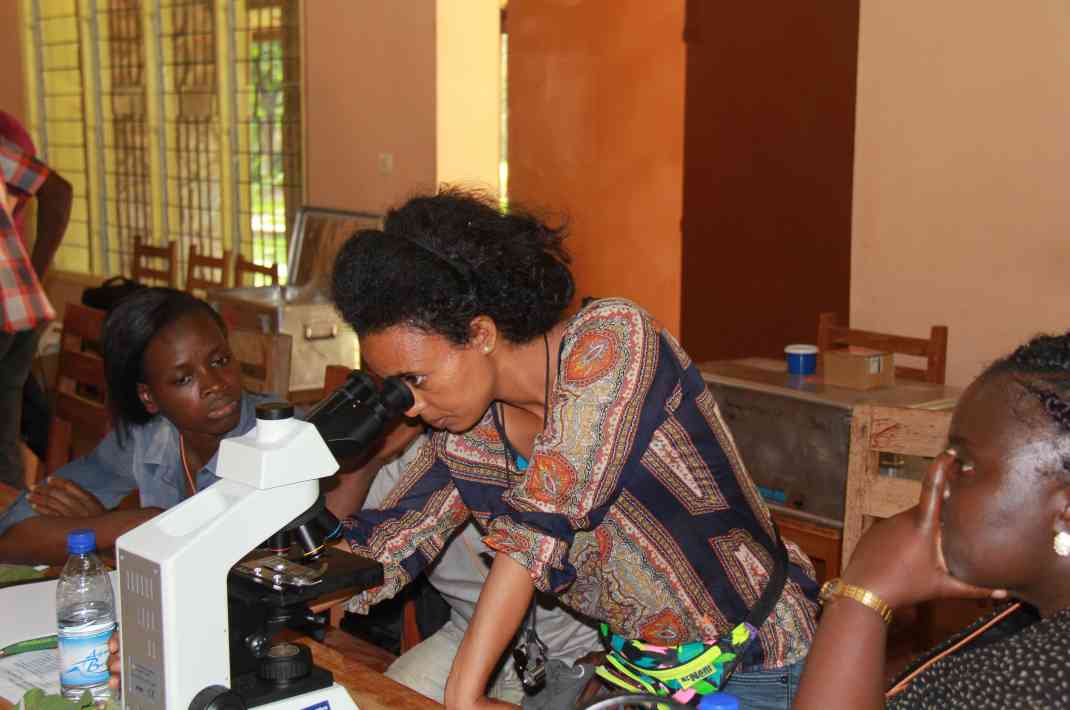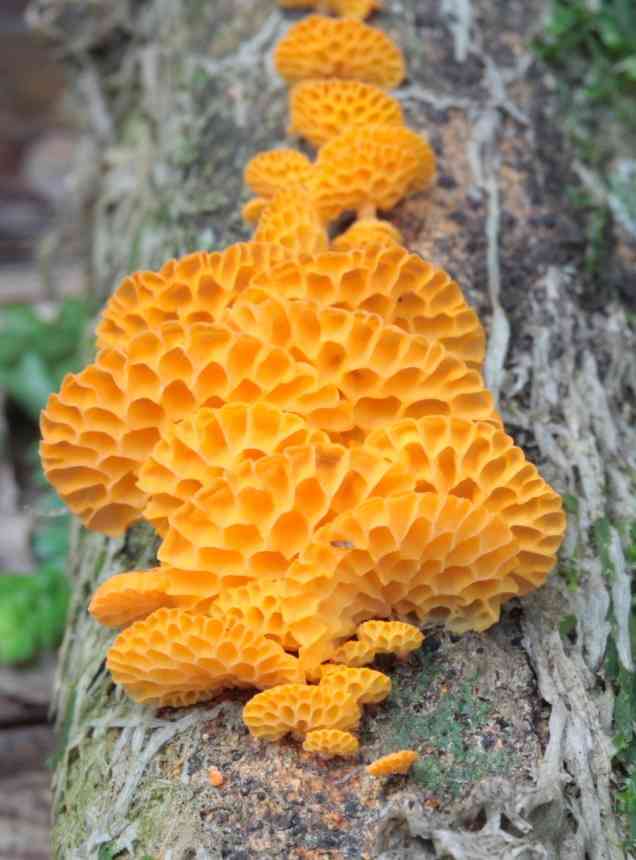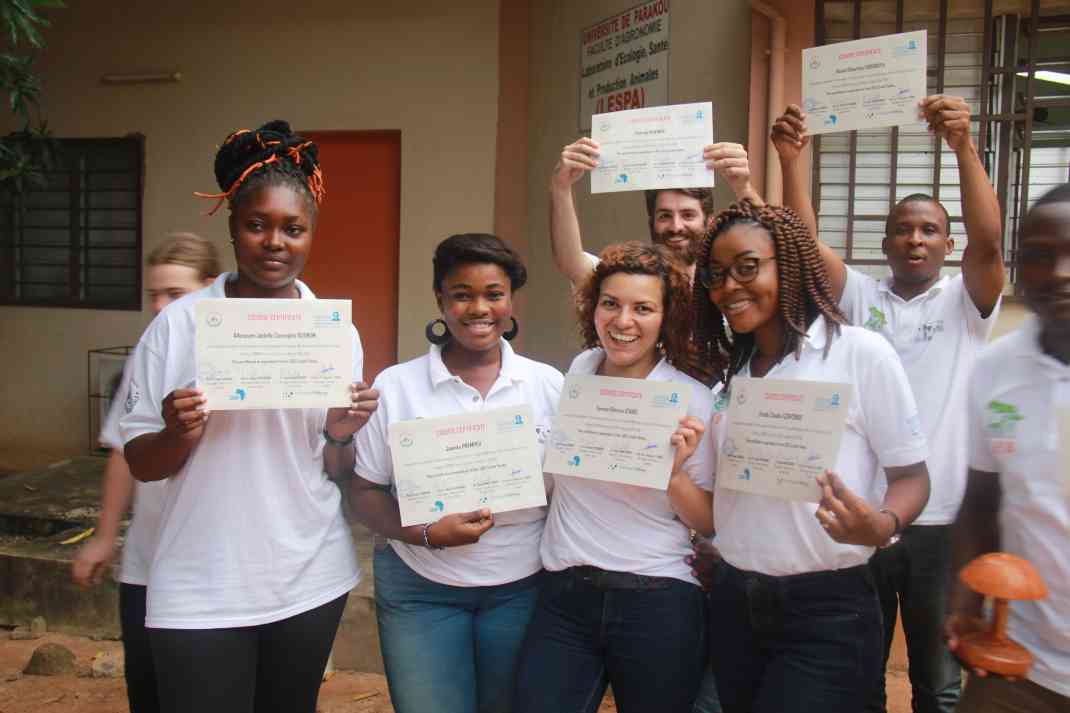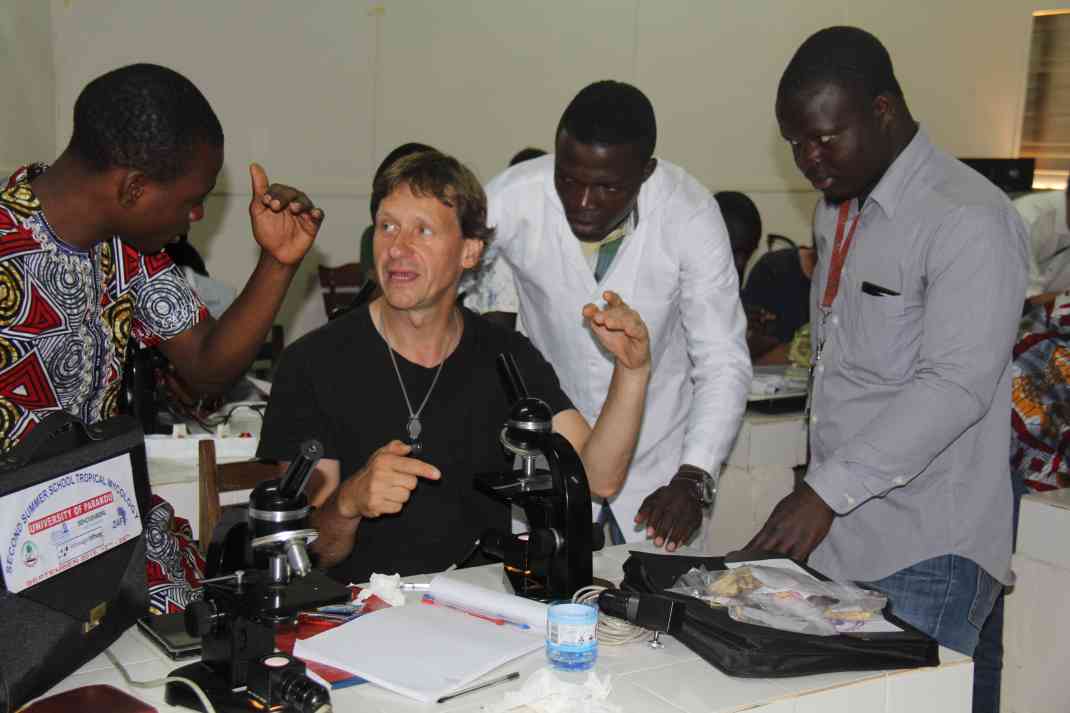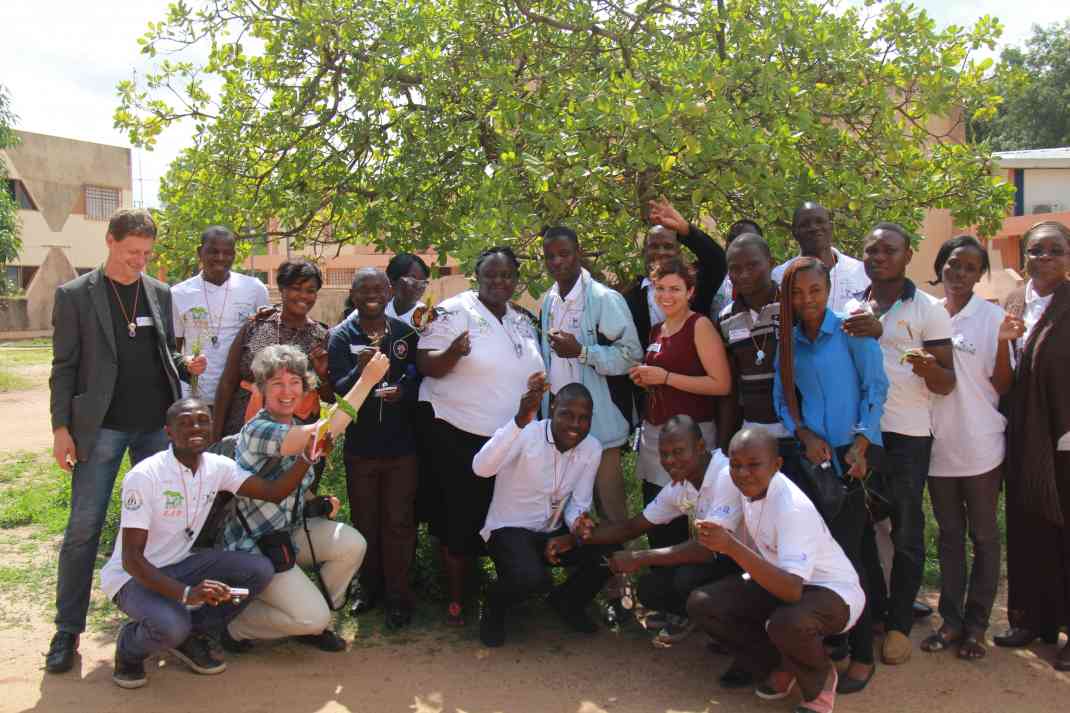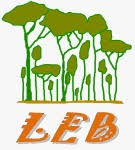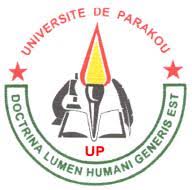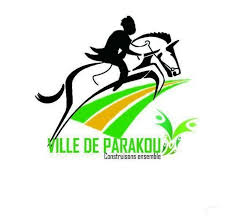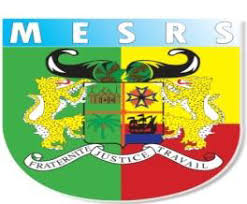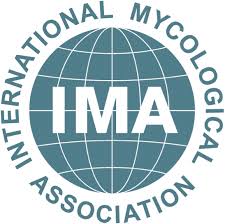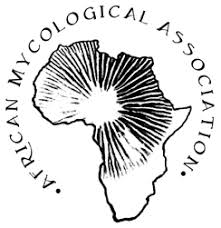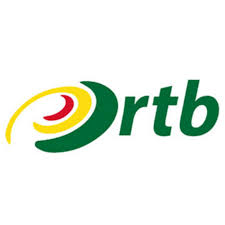Count down for abstract submission
Statistics
- 86,099
WELCOME AND INVITATION
Dear colleagues, dear mycologists,
It is a great pleasure for us to invite you to one of the most exciting mycological meetings to take place on the African continent. As you know, tropical African ecosystems are home to a high diversity of fungi that are playing important roles for local inhabitants as food, source of drugs and cash incomes. Tropical African fungi demonstrate a huge potential to mitigate forest degradation via mycorrhization of plants, the negative effect of climate change, whilst at the same time soil fungi can contribute to soil fertility and yields of crops. Wild edible fungi can sustain the livelihood of rural communities via local economic activities around mushroom-rich forests. In addition, there is increasing evidence that tropical taxa represent invaluable candidates for bioactivity studies and pharmaceutical applications. On the other side, numerous harmful taxa play detrimental roles in agriculture and forestry as pathogens of crops and forest trees. Other fungi affect human’s health or colonize our buildings. Food born fungi not only alter the quality, but damage huge quantities of tropical food by producing mycotoxins that threaten food security.
Since the beginning of the documentation of the diversity and utility of tropical African fungi at the end of the 18th century, the documentation of tropical African fungi has been for a long time biased towards the diagnosis of pathogenic taxa relevant to agriculture. Since recently, however, there is a regain of interest for the study and sustainable exploitation of macromycetes along with their significance in agriculture, forestry, health, environmental degradation and poverty alleviation. Numerous mycological projects are implemented on the African continent by native and non-native mycologists and experts from related disciplines. To sustain and perpetuate mycological research and teaching, numerous efforts have been made recently to support junior mycologists in various African countries. It is our aim to assemble junior and senior mycologists within a single arena for personal exchanges of mycological expertise, through oral and poster presentations of most recent results and group discussions on methodological challenges. The goal is to enhance the methodological skills of junior mycologists in Africa in order to promote applied mycological investigation for sustainable development.
On behalf of the organizing committee, the chancellor of the university and the mayor of Parakou city, we cordially invite you to join us at the University of Parakou in Benin. This is the first and most important symposium for the support of African junior mycologists to take place in tropical Africa. Don’t miss this event and take part actively in this exciting meeting.
Welcome to Parakou!
On behalf of the organizing committee
